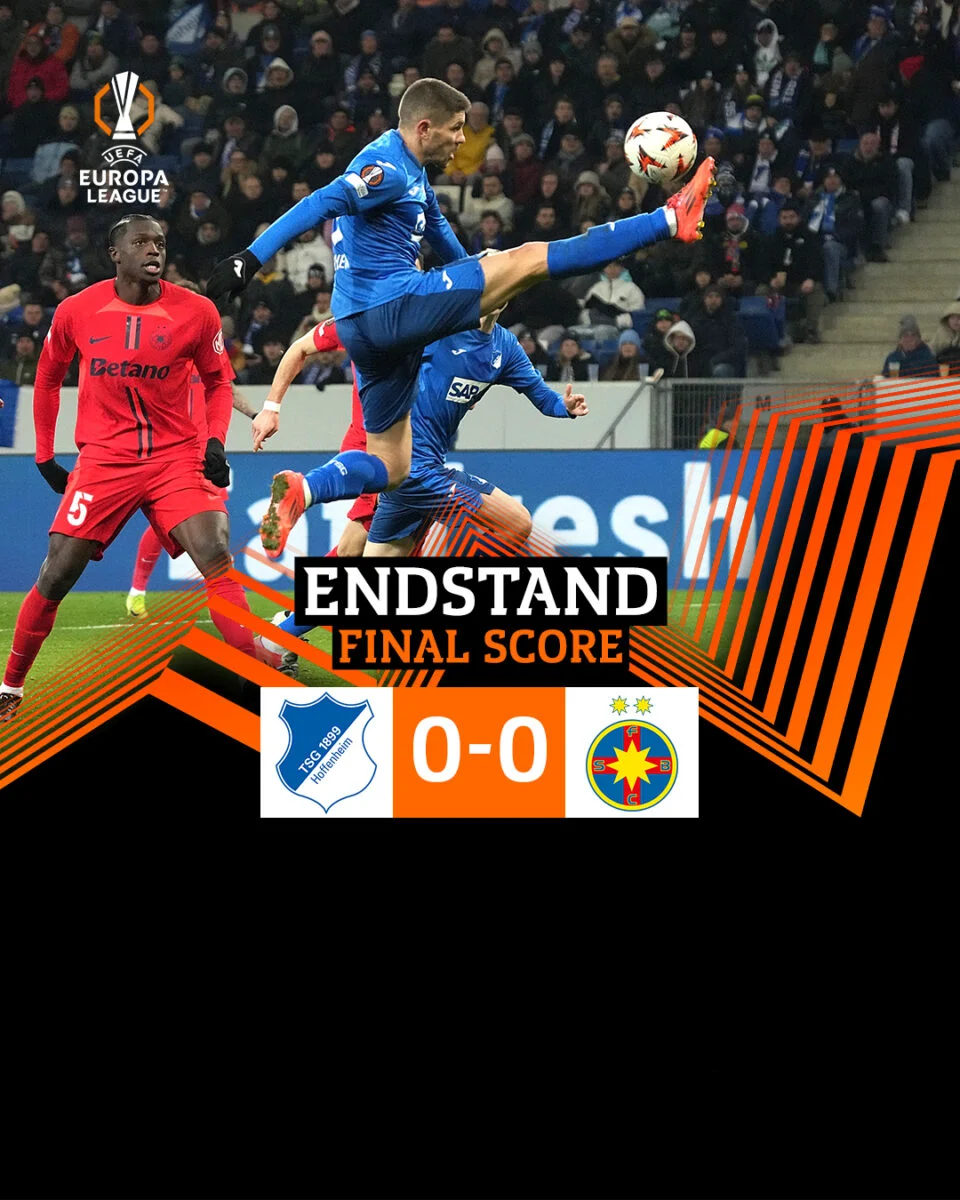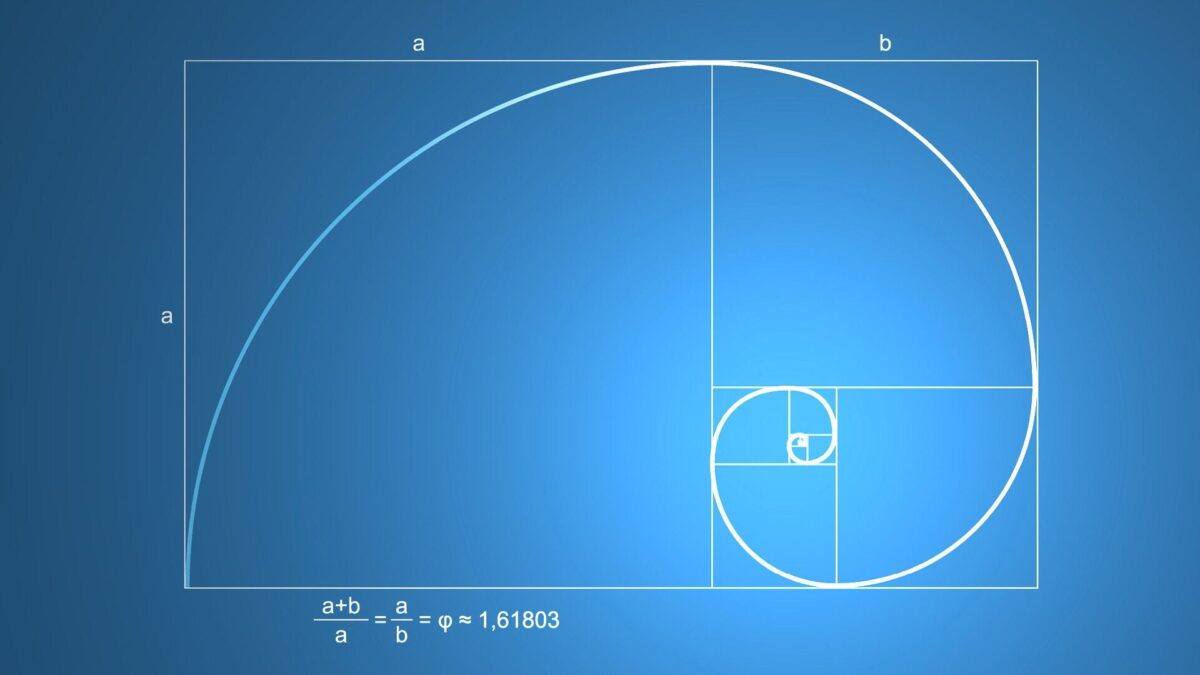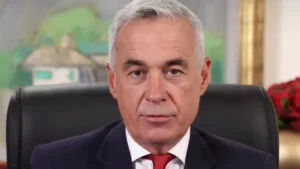Ioana Lupea: "The announcement made by Adriana Săftoiu, Sever Voinescu and Catalin Avramescu on their intention to candidate for the parliament has been received with scepticism and punished as opportunistic."
The choir of defetists sang and mistrust both in their chance to do something with politics, but in the onesty of the gesture also. Those who havem't doubted their good intentions have felt sorry for them. And others have accused of treasons or personal ambitions. Politicians and journalists alike have spoken without a call about the condition of the politician. You either fail, o you are dishonest, because, in politics, honesty and success do not go together.
It is true that the brief history of the post-communist parliament justifes the pessimism. Although each election cycle renewed the political class - sociologist, and former politician, Alin Teodorescu says that approximately 66% of the parliamentarinas are changed at the general elections - the overall impression is that it remained the same. Or that the new entrants have borrowed the customs of the place: the care for the comfort of their own and their friends. The abandonment of intellectuals as Stelian Tănase, Nicolae Manolescu has reinforced our belief that the political class can not be repaired. With one vote, two, three it's impossible to change anything. From this perspective, Săftoiu, Voinescu and Avramescu are merely attendending the formal renewal process, which hasn't the effect of regeneration for the political class.
One of the essential problems of the parties, those who propose the candidates for Parliament, ministers, state secretaries, mayors, presidents of county councils, is the manpower basis. While the number of party members is very low, central and local leaders are tempted by recruiting politicians from other parties or persons in their entourage, relatives, friends, friends of friends-etc. The passive role of amused spectator, critic, passionate or indifferent that we've assumed after 1990 was propitious ground for the formation of this political class which is currently autoreproduceing. The desinterestedness or the disgust may not lead to the improving of the quality of the policy which, we want it or not, is influencing greatly our daily life.
According to the same Alin Teodorescu, Romania has a very small number of party members in relation to the size of the electorate, the percentage being only of 2%. Even if entry into a political party is in decline als in the old European democracies, 17% of the Austrian voters and 9% of the Czechs voters are part of a political party. It should be said that Romanian parties were not disturbed by this situation, otherwise convenient, keeping intact their bureaucratized and closed structures. And when they needed members, they recruited in the proximity. Unlike them, faced with low numbers of members, the Western parties have changed their statutes so that they could play a greater role in the decision making.
The gesture of Săftoiu, Voinescu and Avramescu could represent, in this context, and an invitation to an exit from expetative.








